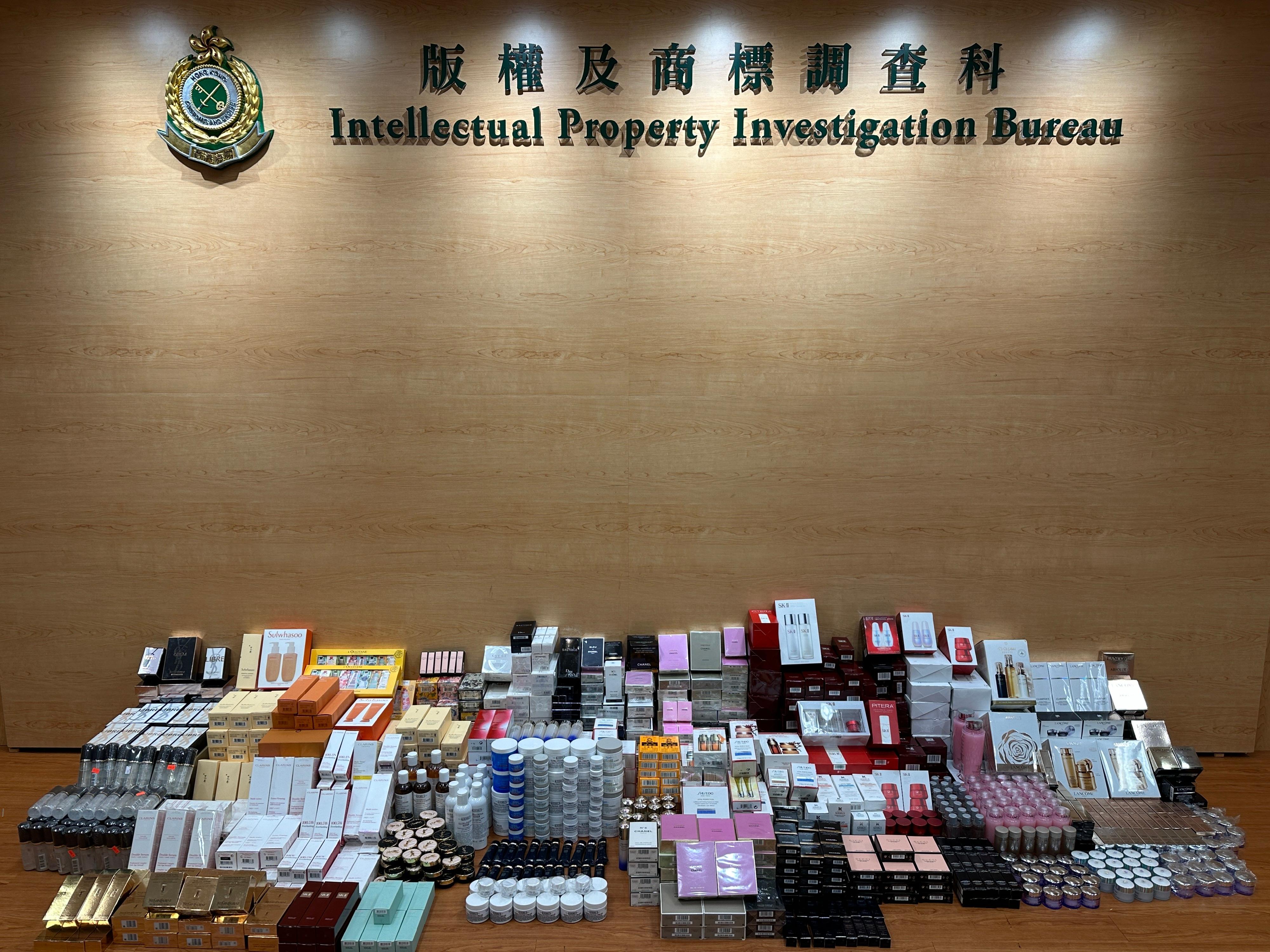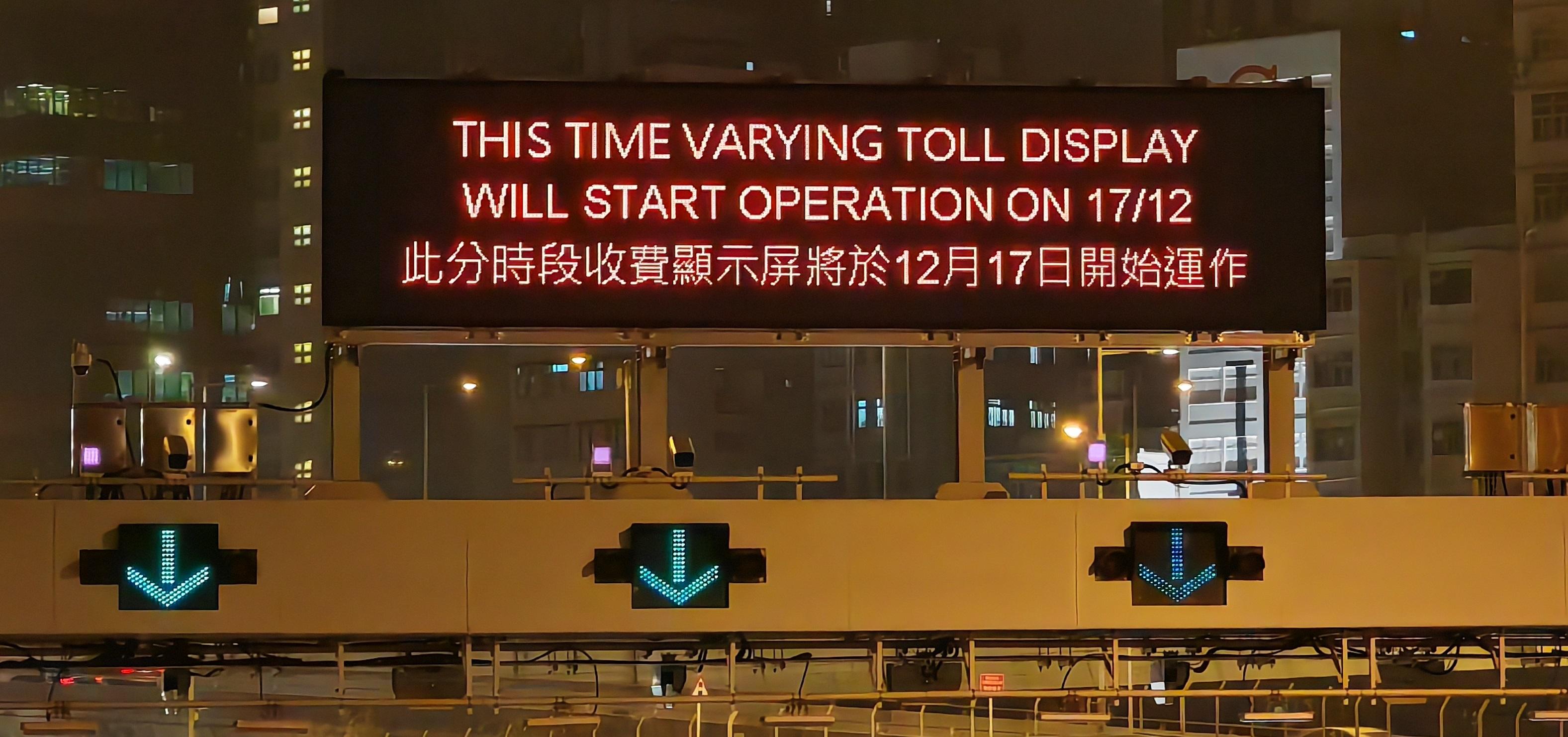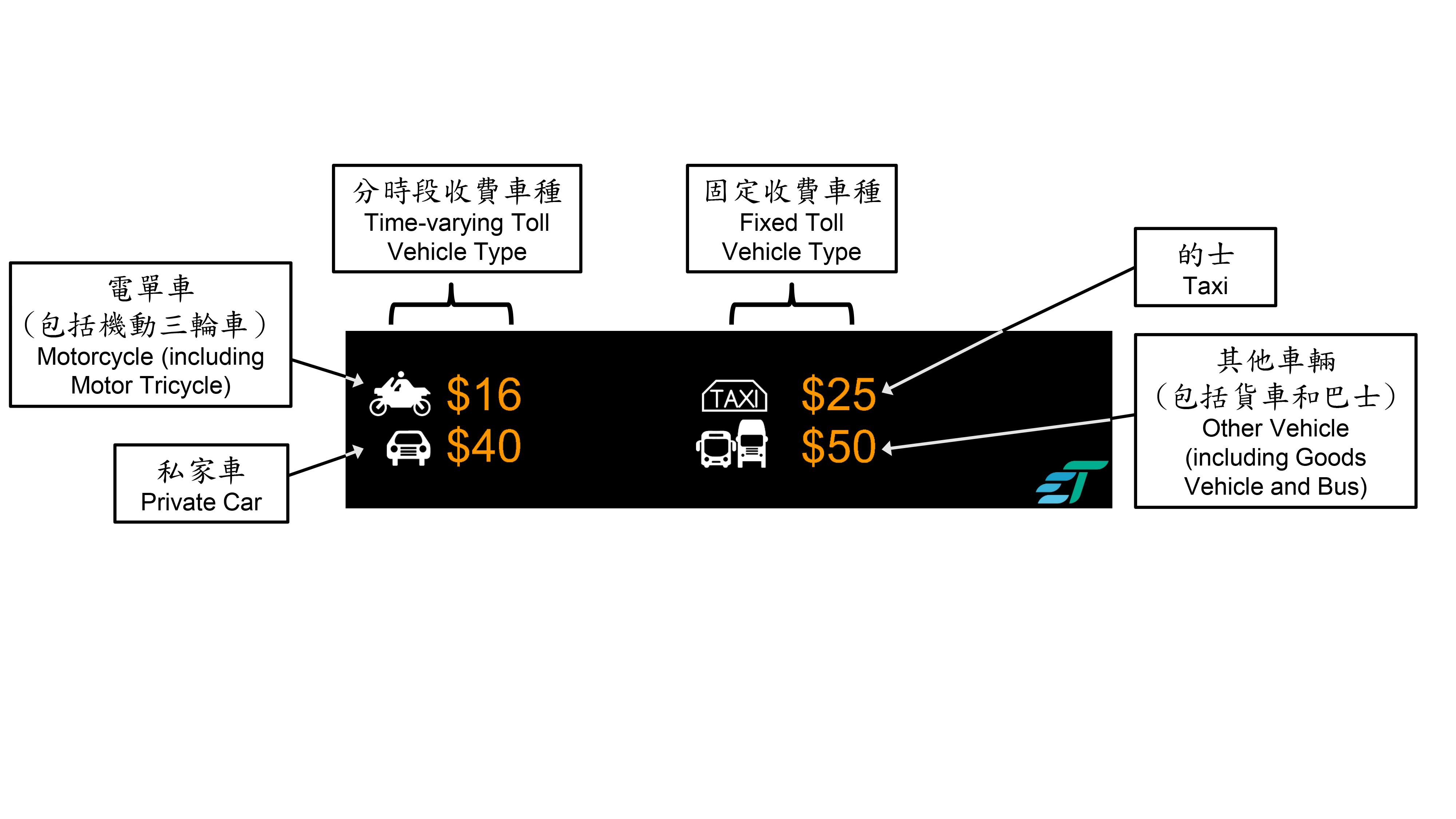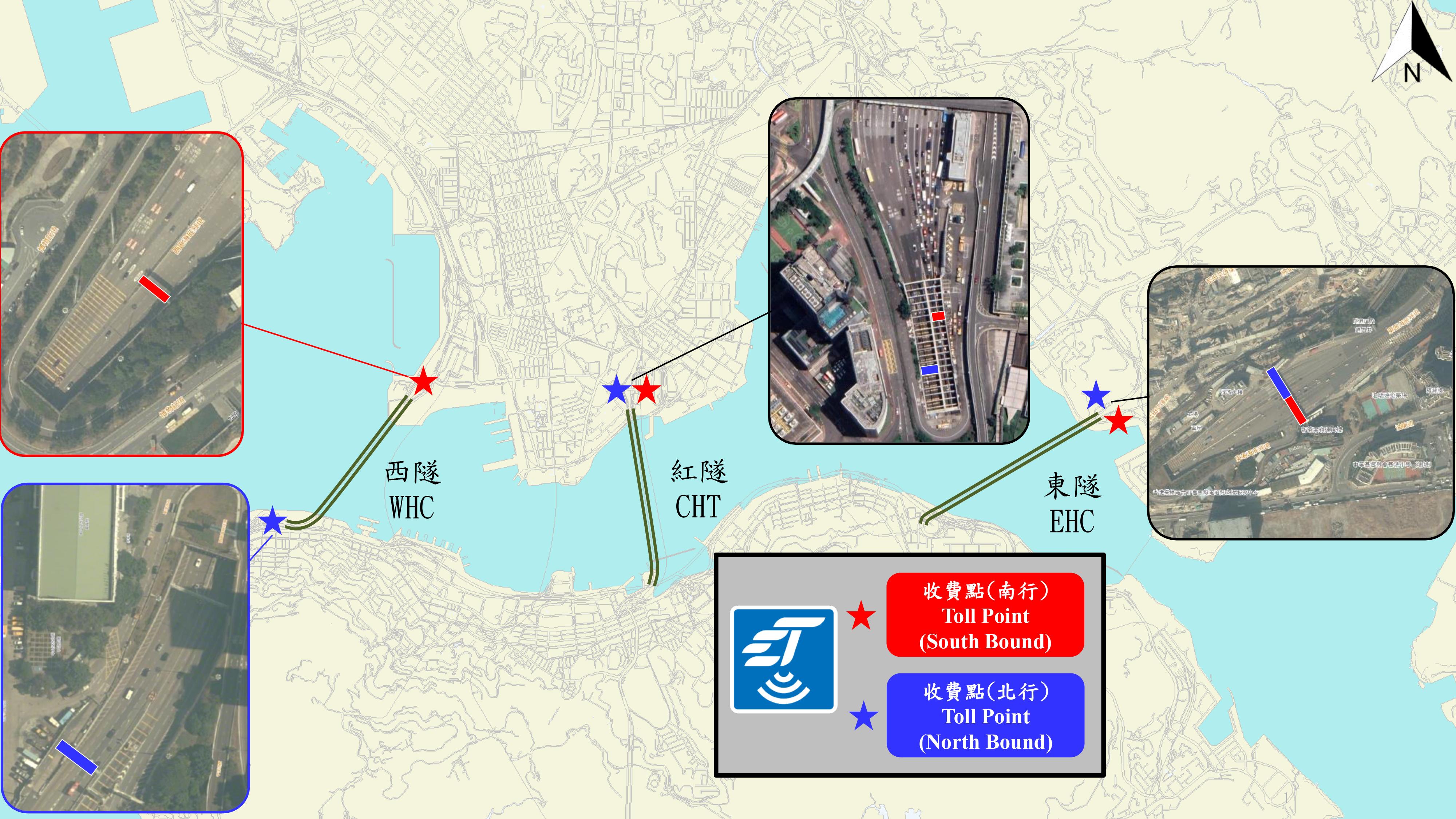Following is the speech by the Secretary for Justice, Mr Paul Lam, SC, at the 2023 Colloquium on International Law today (December 7):
Distinguished guests, ladies and gentlemen,
Good afternoon. To begin with, I would like to thank the Asian Academy of International Law (AAIL), the AAIL Foundation and the Chinese Society of International Law for inviting me to deliver this keynote speech and for organising this annual event, which has served as a meaningful platform for discussions and exchanges on various important topics in relation to international law over the years.
This year’s theme is “Navigating the Current International Legal Order”. Following this morning’s discussion on the topic “International Trade: Challenges and Opportunities”, the distinguished panellists for the afternoon session will focus on the topic “Harmonious Regional Cooperation: Rules of Conduct”. Both topics are highly relevant at present when the global environment is undergoing rapid changes and the world is facing very complicated challenges. Recently, we have seen the rise of unilateralism and protectionism which have posed significant challenges to the integrity of the international legal order.
These challenges have made it even more necessary and important for us to insist on reinforcing a rule-based international order. Our country’s commitment and determination in this respect is beyond any doubt. On June 28, 2023, the Standing Committee of the 14th National People’s Congress passed the Law on Foreign Relations of the People’s Republic of China. Article 29 provides that the State shall advance the rule of law in both domestic and foreign affairs, and strengthen foreign-related legislative work and the system of rule of law in foreign affairs. Article 39 provides that the State shall strengthen multilateral and bilateral dialogues on the rule of law, and promote international exchanges and co-operation on the rule of law. Most recently, on November 28, 2023, during a study session of the Communist Party’s political bureau, President Xi Jinping called for stronger rule of law related to foreign affairs and reiterated that the rule of law is the best business environment.
Hong Kong has been able to participate actively in maintaining and promoting the rule of law in the international arena by virtue of Articles 151 and 152 of the Basic Law. They empower Hong Kong on its own, using the name “Hong Kong, China”, to maintain and develop relations and conclude and implement agreements with foreign states and regions and relevant international organisations in the appropriate fields (such as the economic, trade, financial and monetary, shipping, communications, tourism, cultural and sports fields), as well as participate in international organisations and conferences not limited to states. In addition, representatives of the HKSAR (Hong Kong Special Administrative Region) Government may, as members of delegations of the Mainland, China, participate in international organisations or conferences in appropriate fields limited to states and affecting Hong Kong.
International trade – rules-based international trading system
Hong Kong has always firmly supported a rule-based international trading system. As a founding member of the World Trade Organization (WTO), Hong Kong with its separate membership under the name “Hong Kong, China” has participated in disputes filed by different members of the WTO, including the complaint against the duties and related measures imposed by the United States (US) on steel and aluminium imports, helping to clarify important legal principles of WTO law and enhance members’ understanding of international trade law.
In the case brought by Hong Kong, China against the US regarding the origin marking requirement imposed on Hong Kong products by the US, the Panel established under the WTO Dispute Settlement Body has ruled that such requirement is inconsistent with the most-favoured-nation treatment requirements in the General Agreement on Tariffs and Trade 1994, and comprehensively refuted the US’s flimsy arguments, including its reliance on the security exception. The ruling fully affirms the status of Hong Kong, China, as a separate customs territory within the WTO acting in full compliance with the relevant international rules and regulations.
In spite of the unfortunate fact that the US has appealed to the dysfunctional Appellate Body, this case still demonstrates the importance of how legal means can, under a rule-based international trading system, counter unfair and discriminatory practices, as well as protect business and development interests. We must all work collectively to safeguard and uphold the rule of law on a global level and protect the integrity of a rule-based international trading system – which is an integral part of maintaining a sound international legal order. This is a global responsibility and Hong Kong is firmly committed to this.
Regional and international co-operation
As an integral part of China, Hong Kong has been bestowed with unique advantages under the principle of “one country, two systems”. Being the centre for international legal and dispute resolution services in the Asia-Pacific region, Hong Kong has a wealth of experience and expertise in bridging different legal systems and connecting diverse traditions of law. Hong Kong plays a pivotal role as a “super connector” connecting the Mainland with the rest of the world and strengthening its ties and co-operation with other places, countries and regions.
International dispute resolution mechanisms and lawtech
The use of lawtech to resolve international legal disputes is an irresistible trend. The HKSAR Government has also fully supported the development of online dispute resolution and lawtech. In 2020, the DoJ Project Office for Collaboration with UNCITRAL was established to provide support to the Inclusive Global Legal Innovation Platform on ODR (iGLP on ODR) in collaboration with UNCITRAL (United Nations Commission on International Trade Law). The third meeting of the iGLIP on ODR was just held last month to keep track of the latest development in ODR (online dispute resolution) around the world and to identify potential issues surrounding the use of ODR. Hong Kong, China also opted into the APEC Collaborative Framework for Online Dispute Resolution of Cross-Border Business-to-Business Disputes (APEC ODR Framework), which promotes the use of ODR by global enterprises, in particular micro, small and medium-sized enterprises, in resolving low-value cross-border business-to-business disputes. eBRAM, our home-grown institution, has launched its own tailor-made APEC ODR procedural rules and has been listed as one of the few service providers under the APEC ODR Framework in May 2022.
Mediation has assumed a more and more important role in resolving cross-border and international legal disputes. In this respect, Hong Kong, having received very strong support from the Central People’s Government, is destined to play a key role. The International Organization for Mediation (IOMed) Preparatory Office was established in Hong Kong earlier this year. Article 2 of the Charter of the United Nations provides that “[a]ll Members shall settle their international disputes by peaceful means in such a manner that international peace and security, and justice, are not endangered”. Seeking to promote this principle, the IOMed, when established, will be the world’s first intergovernmental organisation dedicated to providing mediation services for settling international disputes. The IOMed will be a useful supplement to the existing dispute resolution institutions and means of dispute resolution, providing friendly, flexible, economical and efficient mediation services for the peaceful settlement of international disputes.
Capacity building in international law
In the context of regional and international co-operation, we must also not forget the vital role capacity building plays in developing and maintaining a sound international legal order. Under the United Nations 2030 Agenda for Sustainable Development, Target 3 of Goal 16 of the Sustainable Development Goals (SDGs) requires the promotion of the rule of law at the national and international levels and ensure access to justice for all. Goal 17 of the SDGs recognises that capacity building is a crucial part of implementing the SDGs in aiming to “strengthen the means of implementation and revitalise the Global Partnership for Sustainable Development”.
A series of diverse training and capacity building programmes relating to different areas of law and practice took place, are taking place and will take place in the city, including of course this colloquium. Many of these programmes focus on various aspects of international law, such as the Hague Conference on Private International Law’s (HCCH) Asia Pacific Week held earlier in September this year, as well as the biennial United Nations Commission on International Trade Law Asia Pacific Judicial Summit held during the Hong Kong Legal Week last month. Further, with the DoJ’s support, the AALCO Hong Kong Regional Arbitration Centre has also just successfully hosted the third AALCO Annual Arbitration Forum in Hong Kong in the last two days (December 5 and 6). The Forum is the flagship international event of the Asian-African Legal Consultative Organisation (AALCO) and a valuable platform for promoting international commercial arbitration among AALCO’s 47 member states and for exchanging views on issues arising from arbitration practices across different jurisdictions in Asia and Africa.
Starting from next Monday (December 11), there will also be the long-awaited First Edition of The Hague Academy of International Law’s Advanced Course in Hong Kong, with a focus on “Current Trends on International Commercial and Investment Dispute Settlement”. This five-day course is co-organised by the Department of Justice, AAIL and The Hague Academy of International Law (HAIL). I am confident the participants coming from about 20 jurisdictions around the world and the eminent speakers will enjoy a meaningful and fruitful exchange of experience and knowledge during the course.
Leveraging Hong Kong’s bilingual common law system and its status as an international legal service centre, in the Chief Executive’s Policy Address this year, it was announced that one of the new major policy initiatives of the Department of Justice is to establish the Hong Kong International Legal Talents Training Academy. The Department of Justice aims at setting up a dedicated office and an expert group within next year to take forward this initiative. We intend that the Academy shall provide practical trainings and experience sharing for legal professionals from the Mainland and other jurisdictions, as well as locally, in the practice of foreign-related legal affairs, including public international law, international trade law, etc. Hong Kong is committed to contributing to the capacity building of legal talent for our country, the Asia-Pacific region and beyond.
Ladies and gentlemen, I hope that you will continue to enjoy your discussions this afternoon and I look forward to hearing your insightful exchanges. On this note, may I wish you all a very fruitful second half of the Colloquium this afternoon, and I hope to see you again at dinner tonight. read more





